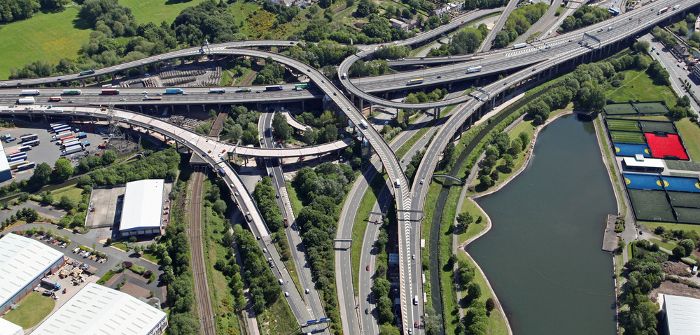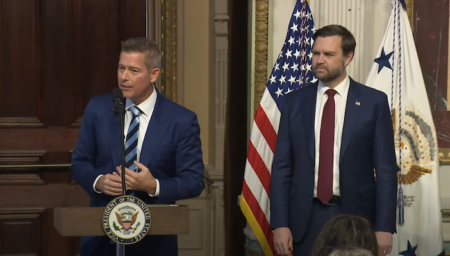The UK Government is to heavily invest in the nation’s road network with more than 50 projects expected over the next two years, as well as a £2.5 billion pothole-fixing fund.
Delivering his Budget to the House of Commons today (Wednesday), Chancellor Rishi Sunak, pledged a total of £27bn towards the improvement of motorways and other key roads up and down the country, including the building of a new tunnel near the historic site of Stonehenge.
The announcement confirms news Traffic Technology Today reported on last week but released alongside the Budget, the Government has laid out its intentions in more detail for the next five years in its Road Investment Strategy (RIS) 2 report.
Secretary of State for Transport, Grant Schapps, said, “This RIS is not a blueprint for pouring concrete, laying tarmac or welding steel it is first and foremost a document with people at its heart.
“If we are to invest £27.4 billion over the next five years on our strategic road network, it is crucial that we use this funding to improve the lives of all.
“That’s why a central principle in the development of this strategy was to create a road network that is safe, reliable and efficient for everyone – whether they are cyclists or drivers, passengers or pedestrians.
“This document lays out how we will achieve that goal and use road investment to meet the needs of modern society – from helping businesses get their products to market smoothly, to ensuring commuters can arrive at work on time.”
The report underlines that road-building will only occur where “existing roads are simply not up to the job” with the focus more on improving the current network.
With 50 million potholes blighting the UK road network, special funds have been set aside for the resurfacing and repair.
Roadmender Asphalt CEO, Harry Peal, said, “The budget lays out an exciting programme for levelling up Britain’s businesses and infrastructure. “The pothole fund offers a fantastic opportunity to implement new technologies that allow us to repair roads far quicker than before. This will reduce the time of disruption for road users, as well as proving to be the cheaper and move environmentally friendly option.”





